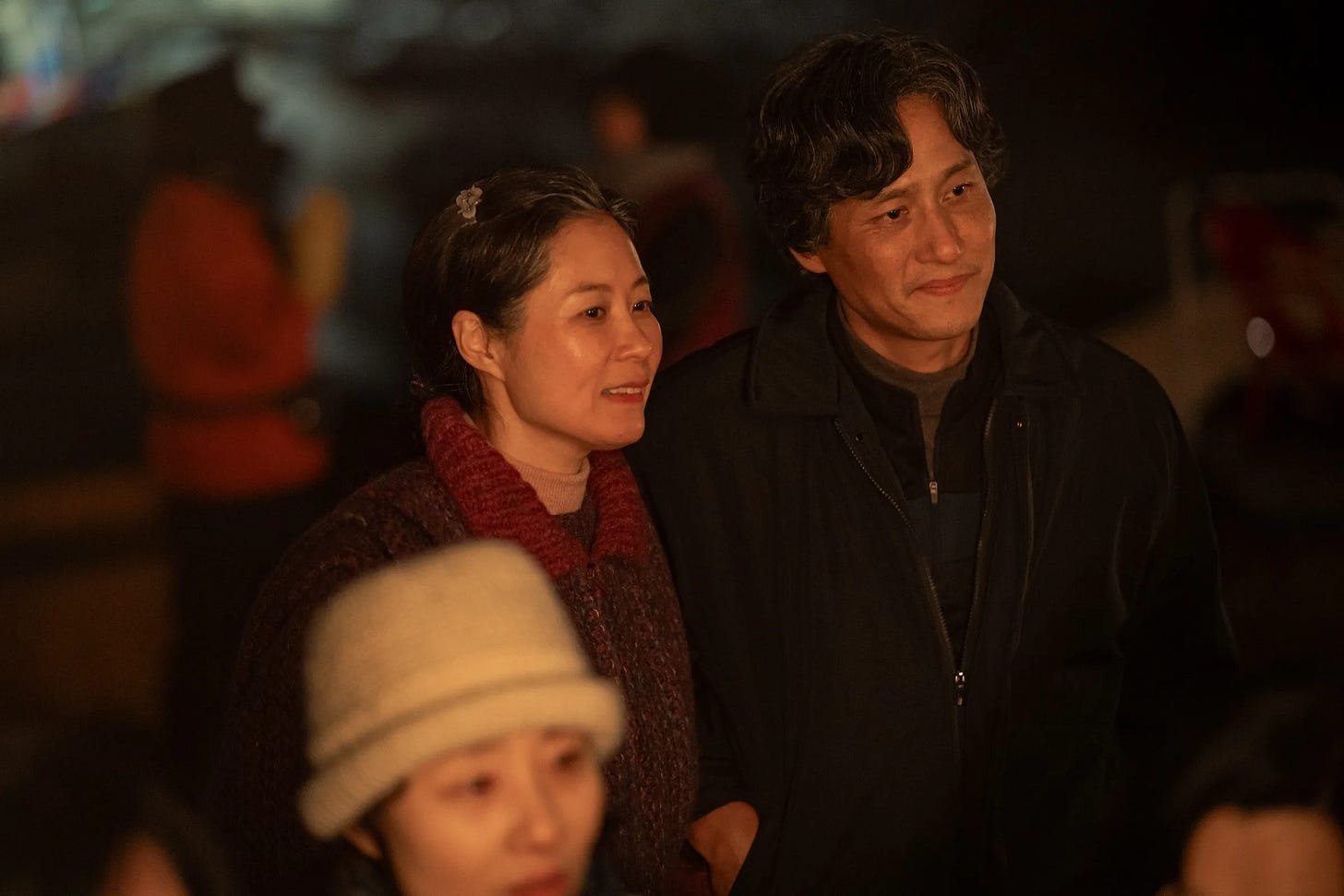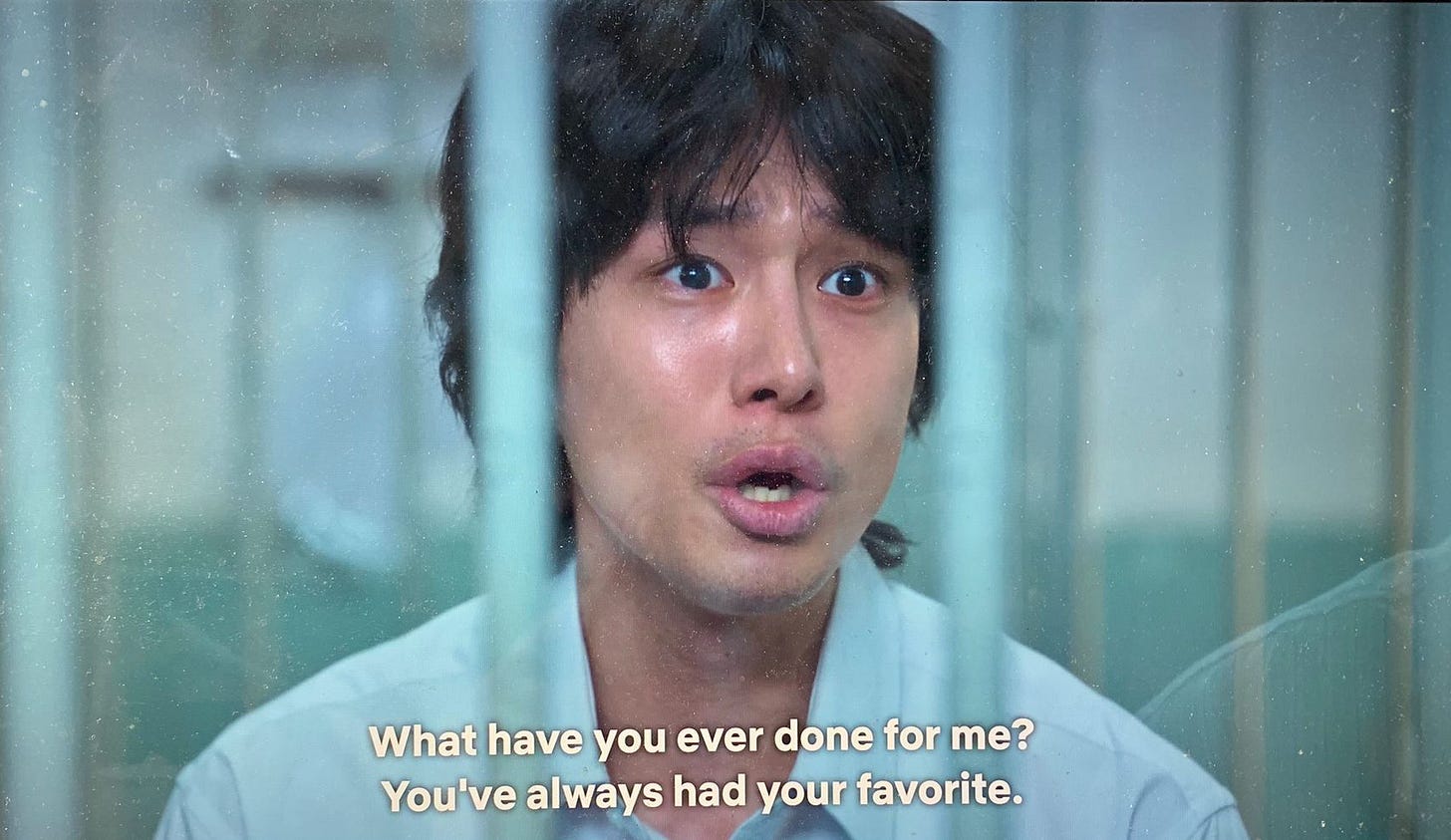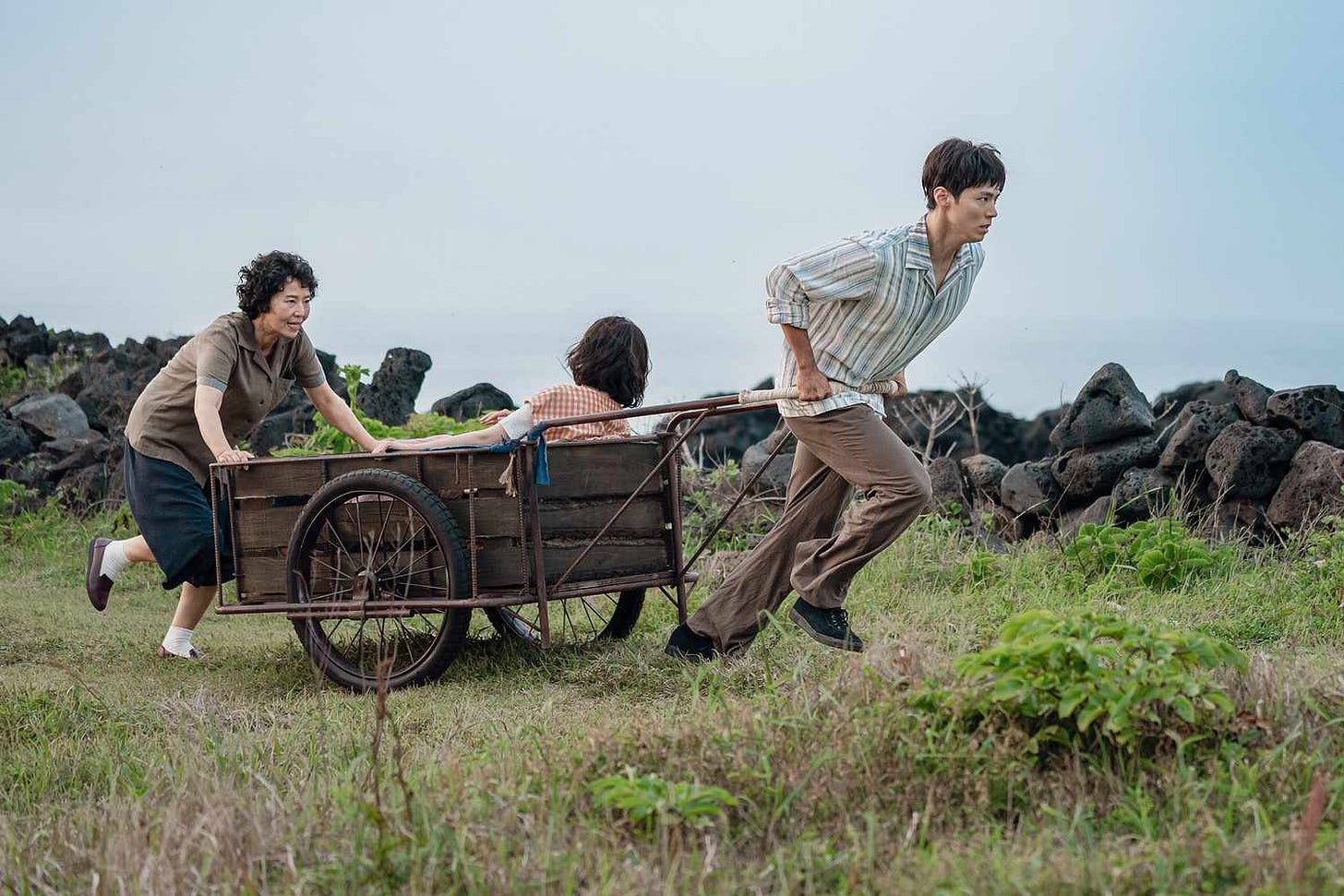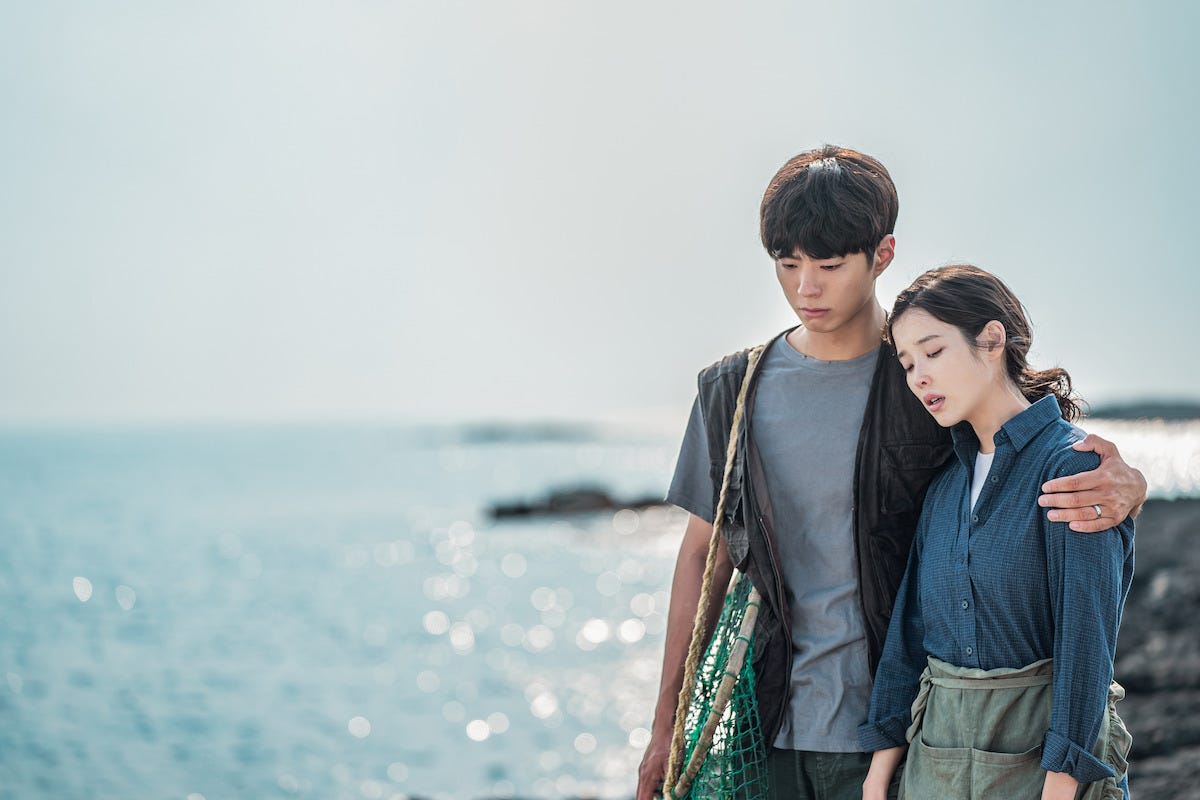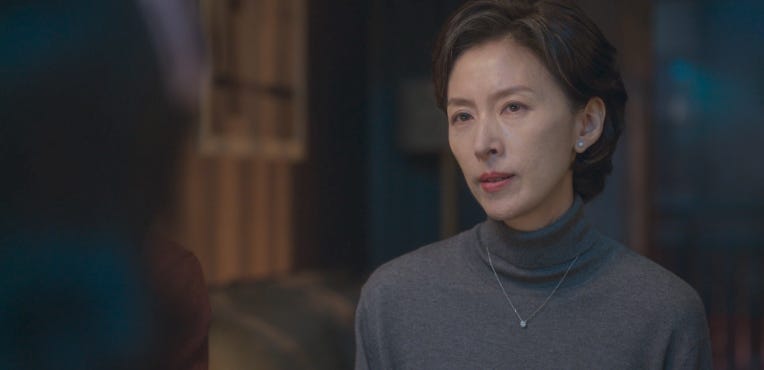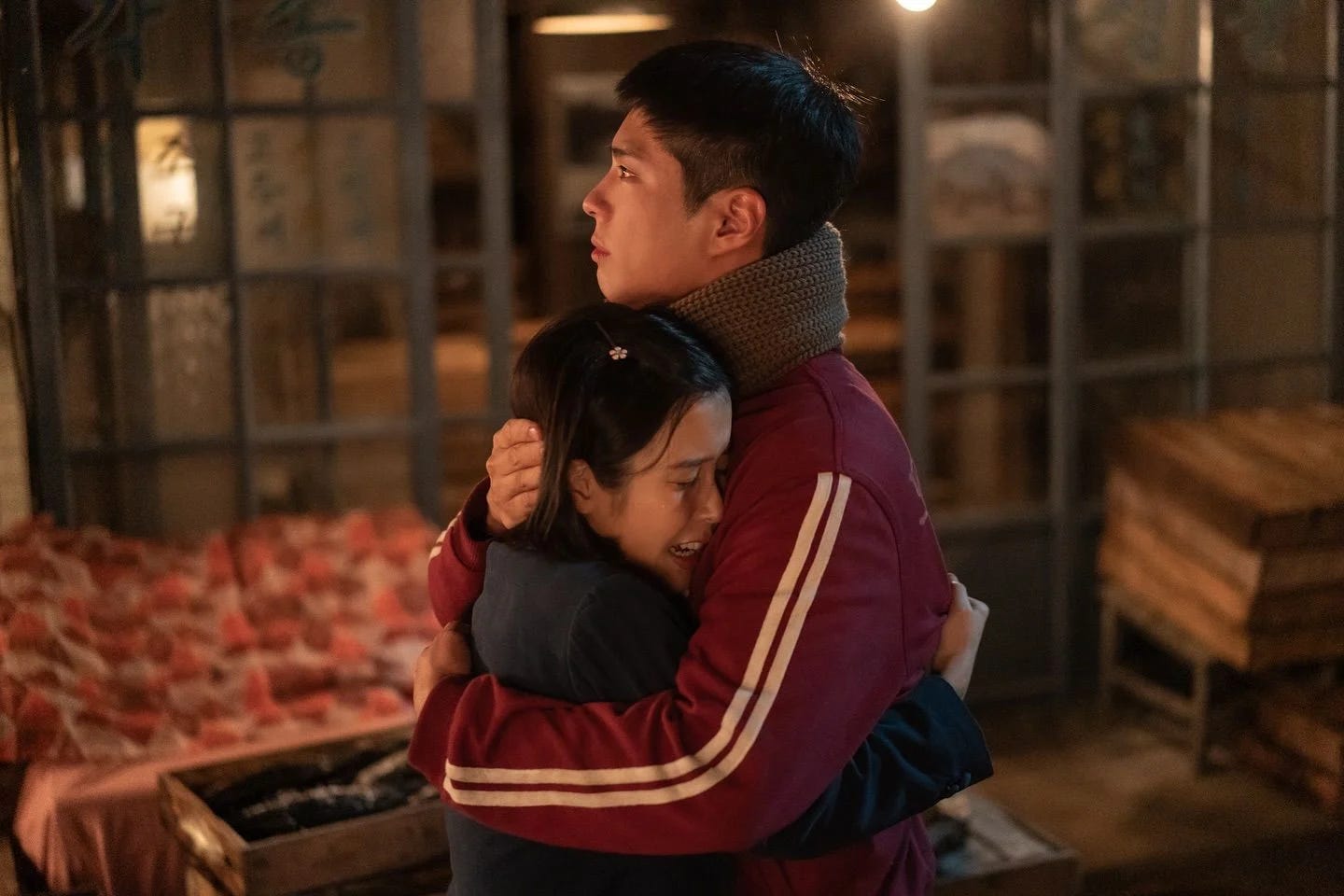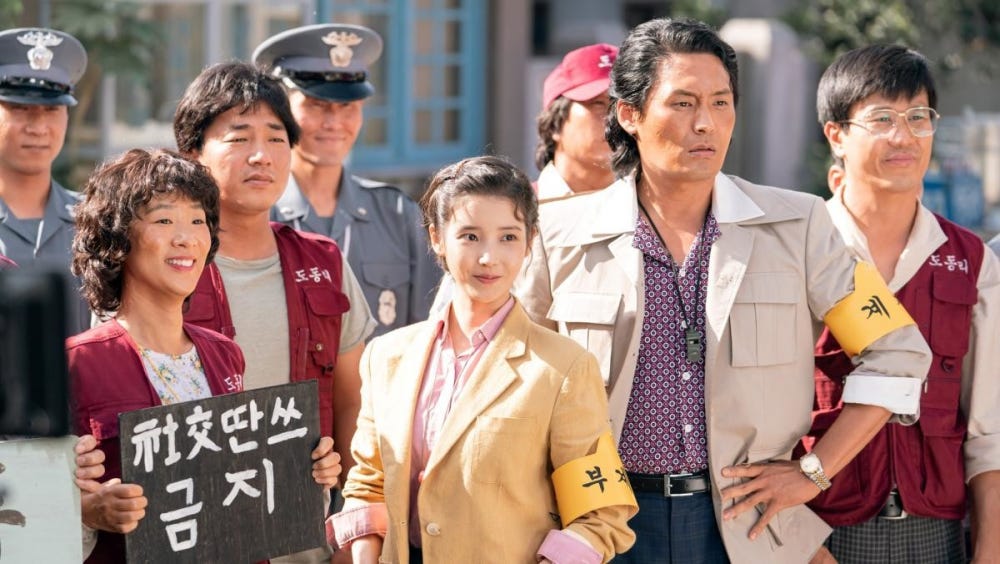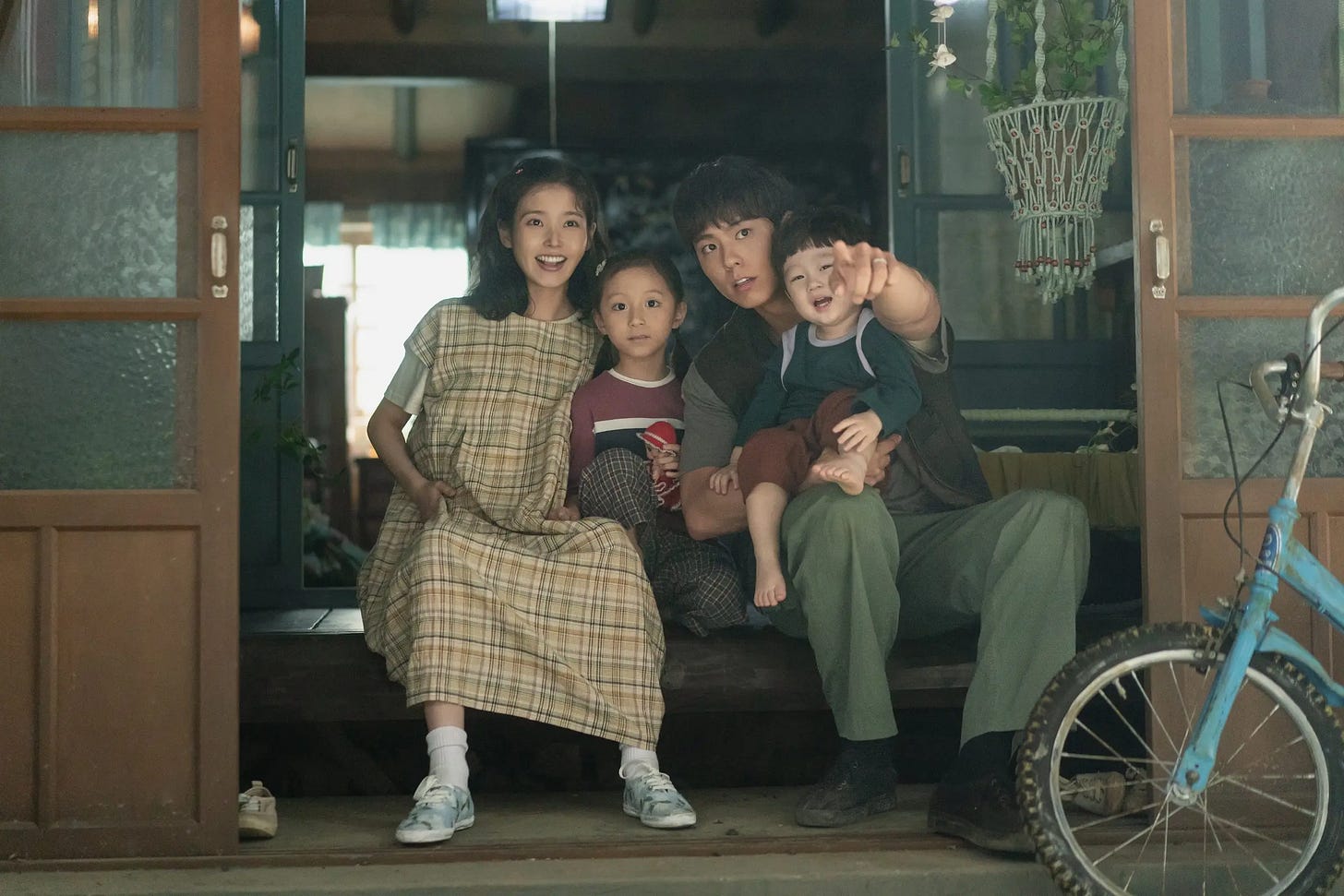There’s a Korean drama I think many of us—and especially those from our parents’ generation—will resonate deeply with. It acknowledges the emotional burdens we’ve carried quietly for years—and in doing so, it heals us, even just a little.
⚠️ Spoiler alert!
If you haven’t watched When Life Gives You Tangerines yet—pause. Go cry your way through it first. We’ll be right here when you’re done ugly crying and ready to unpack every last emotional gut punch together. 🍊😭💬
Welcome to Triggered But Curious—where big feelings meet bigger truths. We unpack the messy stuff: love, family, identity, faith, and culture—one trigger at a time. For anyone craving love that’s real, rooted, and grown—emotionally, spiritually, and relationally. Fair warning: you will get triggered. But if you stay curious? You just might level up ❤️🔥
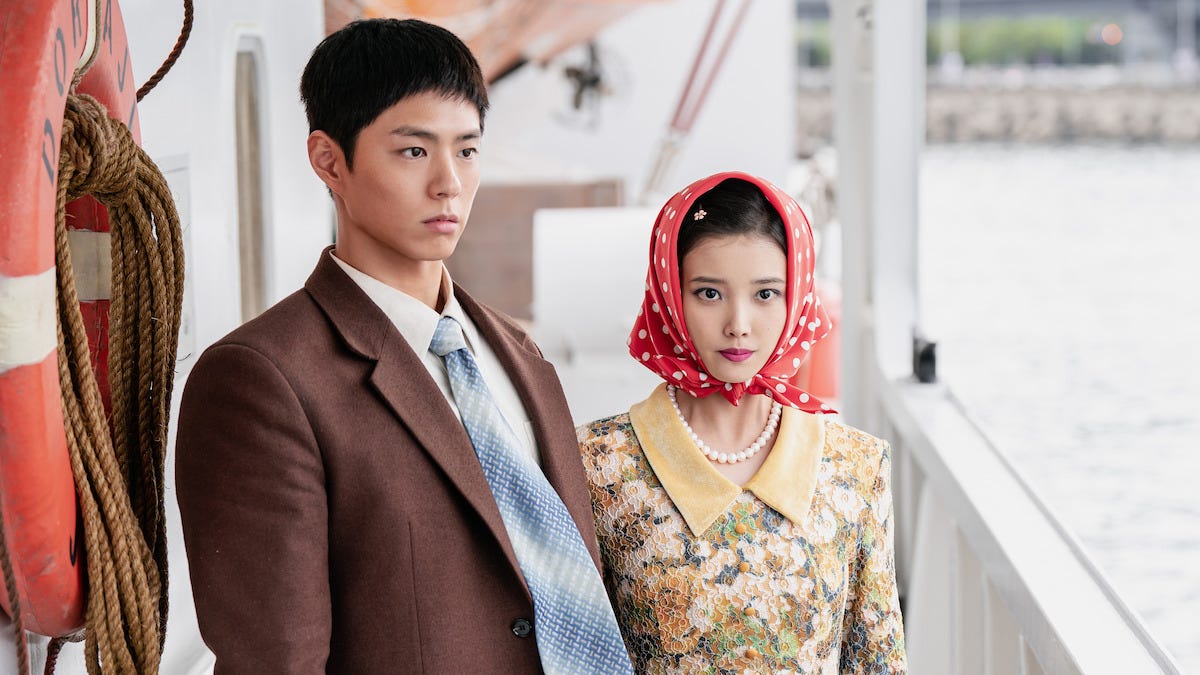
1. Your parents gave the best they could—and you can still grieve the things you didn’t get.
"Parents dwell on what they couldn’t give, and children dwell on what they couldn’t get.”
That quote speaks to the heartache of good, imperfect parents like Ae Sun and Gwan Sik—fully aware of their limitations, and deeply pained by them. And it speaks just as truthfully to good, imperfect children who longed for more, but feel guilt for even wishing it. It’s okay to grieve. Let yourself grieve. But grieve with compassion—because while our pain is valid, so is our parents’. Life is hard—for all of us.
2. Children just want to be loved fairly.
Kids don’t need to be loved more than their siblings. But they sure don’t want to be loved less. That’s what hurts the most. Eun-Myeong feels unseen, and can’t seem to escape the weight of being overlooked. And in many families, that pain is familiar.
For parents reading this—even if you did your best, it’s okay to wonder if your child felt seen. Sometimes love gets lost in translation. Your children don’t need perfection—they need presence. The willingness to listen, to repair, to show up a little differently than before—that’s the kind of parenting that heals generations.
3. When walking away isn’t the only way.
Ae Sun walks a tightrope between honoring family and protecting what’s right. She models how to challenge harmful traditions without abandoning her roots. In today’s cancel culture, where cutting off family ties is sometimes seen as the only path to self-preservation, Ae Sun shows us an alternative.
Because sometimes the hardest part isn’t walking away. It’s staying in relationship with people who are flawed, frustrating, and don’t always know how to love well—but try in their own way.
Like Ae Sun’s uncle who never stops complaining—grumbling about everything, offering unsolicited advice, yet always showing up at the dinner table. He’s not malicious. He’s just shaped by hard times, limited tools, and old mentalities. He doesn’t know how to communicate with emotional nuance—so he scolds instead of soothes, comments instead of connects. We all have that uncle, or aunt, or parent figure—someone who doesn’t evolve much, but is still a part of the family fabric.
And then there are the ones who are harder to be around—like Gwan Sik’s overstepping mother and domineering grandmother. These are the people who may drive you crazy with their words—but they’re also the ones who show up when you need them most.
Gwan Sik’s mother, for all her faults, was the one pushing the cart when Ae Sun went into labor. That moment said more than words ever could.
Sometimes, the family who frustrates us is also the family who shows up for us. Ae Sun teaches us that you can hold boundaries and hold the relationship. That love can be imperfect and still be real. That you don’t have to sever ties to protect your peace—you just have to know where to draw the line, and how to stand firm with grace.
4. Growth begins when we see our parents as humans.
As children, we only see our pain. We don’t see that they—our parents—were once someone’s daughter, someone’s son. That they carried their own unspoken grief, unmet needs, and unresolved struggles into adulthood. And what we often miss—until much later, or until we become parents ourselves—is everything they carried. Their sacrifices, their exhaustion, or their limited resources.
Wanting our pain to be seen is deeply human. But part of growing up is learning to see the pain of others too—especially the people who raised us. If we stay stuck in the lens of our 8-year-old self, we’ll keep replaying the same chapter over and over—never getting to the part where things begin to make sense. Healing begins when we’re willing to see the full story.
5. Enmeshment: When love crosses the line.
In the show, we see two stark examples of emotional enmeshment through Gwan Sik’s mother and Yeong-Bum’s mother. Though both women may be well-intentioned, their love crosses a line.
Across all kinds of families—from modest households to wealthy ones—there’s often a quiet, unspoken hope that children will "marry up." That they’ll find a partner who brings more: more stability, more prestige, more opportunity. The less fortunate may hope to rise. The fortunate may want to maintain or climb even higher. It’s a very human impulse—wanting the best for the people we love.
Both mothers believe Ae Sun and Geum-Myeong aren’t good enough for their sons. And on one hand, that instinct is understandable. What parent doesn’t want to protect their child from a harder life? What parent doesn’t want their child to have more ease, more comfort, more options?
But here’s the cost: when a parent prioritises wealth and status over character, they might guide their child into a life that looks impressive from the outside—but leaves them emotionally starved on the inside.
There’s nothing wrong with wanting more for your children. But like Ae Sun, a wise parent knows when to let go. Even if your child chooses a partner you don’t agree with—even if you’re certain it’s a mistake—trust the values you raised them with. If those roots are strong, trust that those values will eventually guide them home. Let them live out their own experiences and the outcomes of their choices. Let them learn. Let them grow. That, too, is part of becoming an adult.
Your child is not here to fulfill your unmet dreams. They’re here to live their own life. Let them. Warn if you must. Guide if you can. But love means letting go.
Ae Sun understands this. Though reluctant about Geum-Myeong marrying into Yeong-Bum’s family, she ultimately steps back. She honors her daughter’s right to choose.
6. Choose someone who chooses you.
Yeong-Bum isn’t necessarily a bad partner. But for many Asian cultures, marriage is not just the merging of two people—it’s the merging of two families. And it matters how your partner navigates that. Choose someone who knows how to choose you. Gwan Sik does exactly that. He sets the gold standard: a man who loves with conviction, and doesn’t let the woman he loves be mistreated—even if it means defying his own family and scolding his own daughter for his wife.
7. Redemption is possible—but only when people are held accountable.
Bu Sang Gil was insufferable. Arrogant. Entitled. Selfish. But when everyone around him finally stopped enabling him, he changed. Sometimes, the most loving thing you can do is walk away. It might be the only wake-up call someone ever gets.
When Life Gives You Tangerines is more than a drama—it’s a mirror. And what it reflects is this:
8. Suffering is universal, but what you do with it is your choice.
You don’t get to rewrite the beginning of your story, but you do get to choose how it ends. Breaking the cycle takes courage. Healing takes honesty. Growth takes humility. And love—real, mature love—asks us to stay, even when it’s messy.
This show touched so many unspoken truths. What part of it felt personal to you? Let’s talk about it👇


